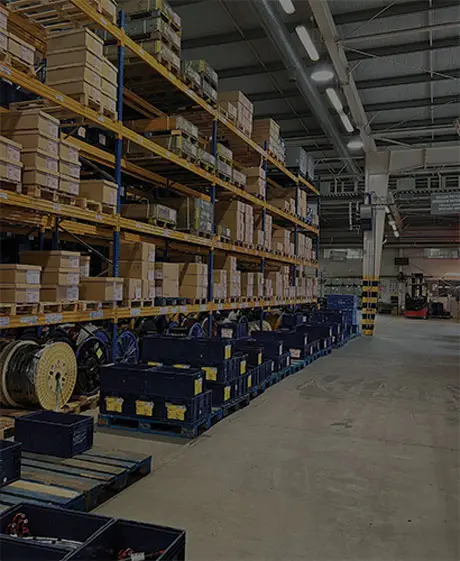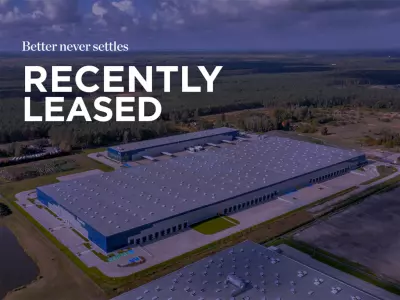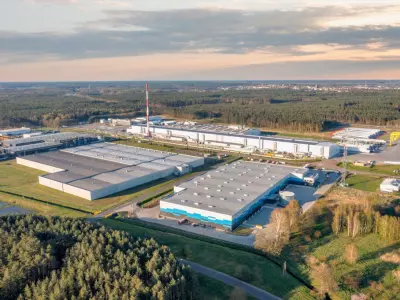Green energy potential
Offshore wind power (OWP) is a relatively new sector in Poland, but its growth potential is gaining importance in light of the European Union’s initiatives towards achieving net zero carbon emissions within the EU’s social and economic system.
According to Cushman & Wakefield’s report, the EU’s installed offshore wind power capacity by 2050 is estimated at 220-440 GW. By contrast, the “Polish Energy Policy until 2040” assumes that the offshore wind power capacity of projects to be developed in Poland will reach 11 GW in the next 20 years.
The construction of seven wind farms is expected to cost PLN 100 billion, with the first projects to be launched in 2026-2027. Such projects present growth opportunities for many other sectors, including R&D, services, manufacturing, marine economy and construction. With 8,000 ha of high quality development land, of which 1,200 ha has the status of a special economic zone, Western Pomerania is undoubtedly one of the key regions in which to locate such projects, – says Damian Kołata, Head of Industrial & Logistics Agency Poland, Head of E-Commerce CEE, Cushman & Wakefield.
Support for OWN
In 2021, programmes supporting OWP development were implemented in both Szczecin and Western Pomerania. Action was taken to preliminarily assess the potential of Szczecin and the entire region for offshore wind energy as part of the offshore sector.
Baltic Power in Świnoujście will be a major OWP project in the region. It will be Poland’s first installation terminal developed through a joint venture between the ORLEN Group and Northland Power. Upon completion in 2026, the wind farm with a total capacity of up to 1.2 GW will be able to supply clean energy to more than 1.5 million households, – adds Paulina Machałowska, Associate, Cushman & Wakefield.
Offshore wind farm components, including turbines manufactured by Vestas, will be delivered to the approximately 20-hectare Baltic Power installation terminal site in Świnoujście.
The first Baltic Power project will feature components for 76 modern turbines, each with a capacity of 15 MW, to be supplied by Vestas. The supplier also decided to build a factory in Szczecin which will assemble turbine nacelles and hubs. The facility will supply components to the Polish and global markets. The factory is expected to start operations in the second half of 2024 and to create between 600 and 700 jobs, – concludes Adrian Semaan, Senior Research Consultant, Cushman & Wakefield.








